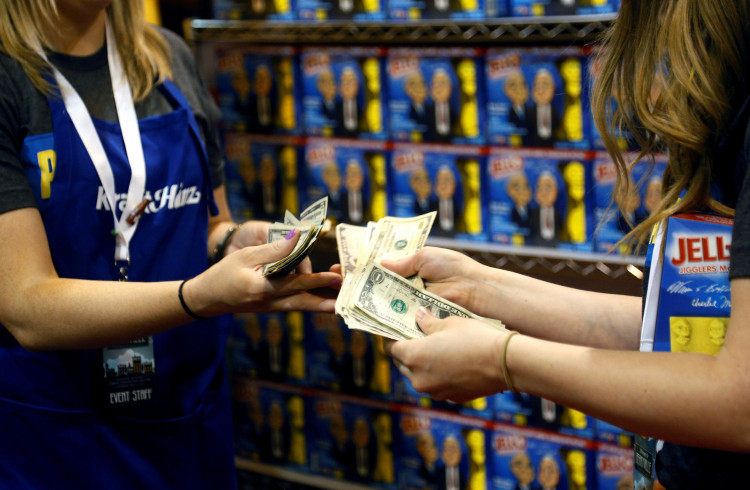A poll of 51 economic forecasters conducted by the National Association for Business Economics found that about two-thirds of business analysts expect the next recession to be hitting the United States by the end of 2020.
About 33 percent of the economists polled predicted that the financial crisis will hit in 2021 while 56 percent forecasted 2020. A significant 10 percent said the crisis will start taking shape by 2019.
Asked about the biggest threat to the U.S. economy, 41 percent of the business economists identified "trade policy." Eighteen percent pointed to "higher interest rates" and "substantial stock market decline or market volatility." The "rising inflation" was cited by 8 percent while "labor shortages" was cited by 6 percent of those who were polled.
Notably, none of the economists pointed to a "strong dollar" or "federal deficit" as the biggest threat to the U.S. Economy.
Asked about the correlation between global trade tensions and U.S. GDP, 47 percent of the economists said they lowered their GDP forecasts for 2018 by 0.25 percentage points.
David Altig, the executive vice president and director of research at Federal Reserve Of Atlanta who headed the poll for NABE, observed that ongoing trade conflicts as the prevalent cause of concerns among the economists. The issue has an obvious influence in the panelists' outlook and forecasts, Altig said.
Still, Altig highlighted that the percentage of the economists expecting a recession by 2019 has diminished compared when the same poll was conducted in June. The current survey was conducted between Aug. 28 and Sept. 17.
Kevin Swift, a chief economist and vice president for NABE, said the panelists for the poll were actually slightly more optimistic now compared to three months ago. There was a significant positive tone over forecasts for the industrial sector, particularly because of the sustained elevated sales of light vehicles and improving housing conditions.
Asked about the biggest drivers of economic growth, 33 percent of the panelists identified "corporate tax reform" while 27 percent cited "stronger wage growth."
Twenty percent of them said the drivers of growth outweighed the threats to U.S. GDP while 29 percent said there is a balance between threats and drivers of GDP.
Generally, the panelists anticipate the rate of economic growth in 2018 will be stronger than what was seen in 2017.
Meanwhile, the result of the NABE survey was echoed with what economists with Goldman Sachs predicted. Daan Struyven, an analyst with Goldman, predicted that the probability of a recession hitting the United States in the next three years is currently at a "below average" level.






